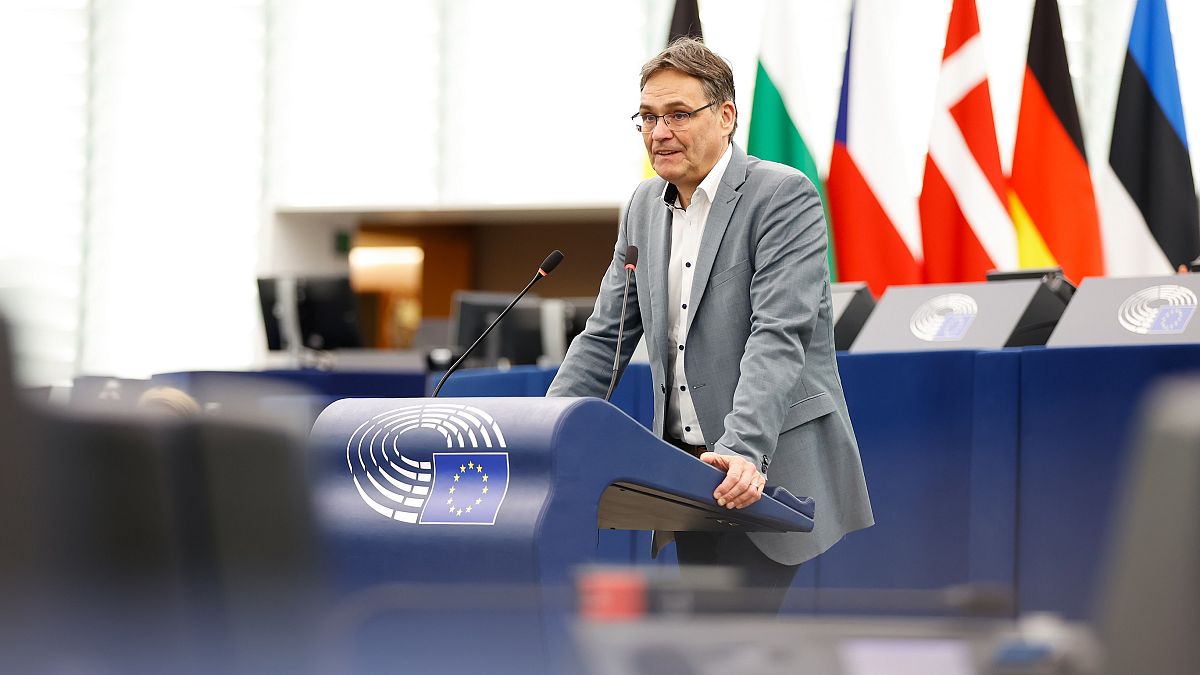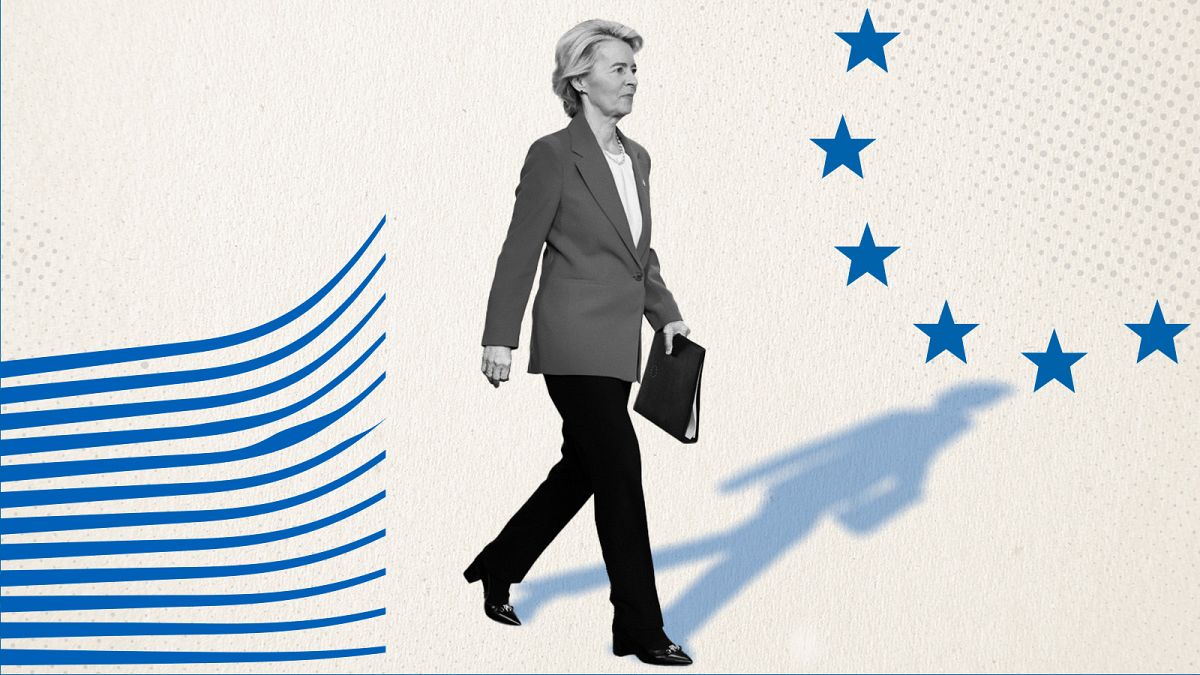It’s not where you’d expect to find storytime — in a neonatal intensive care unit against a backdrop of tubes, beeps and delicate equipment. But it’s where new mum Rima Kairua softly reads to her daughter Mariana.
Mariana has been at Middlemore’s Kidz First Children’s Hospital in South Auckland for more than 100 days and is doing well.
Kairua, along with other parents at the hospital, is using reading to help soothe her daughter.
Reading books to premature babies is gaining international momentum. Research shows it not only helps with development, but also calms and reduces stress for parents and babies.
The hospital is taking the concept to a new level. It’s participating in the third annual Babies With Books Read-A-Thon — a friendly competition between hospitals encouraging parents to read to their newborns in neonatal intensive care units (NICUs) internationally.
“We love the reading,” Kairua told Seven Sharp. “It’s the connection. You’d be surprised. I feel like she can understand what we’re talking about.”
Kairua read to Mariana from The Book of Cuddles.
“This book is The Book of Cuddles,” she said. Rima. “Without the cuddles, we wouldn’t be where we are today.”
Kidz First play specialist Nicky Thornton encourages parents to read to their premature babies.
Brain development
“It’s just a really nice activity that [parents] can do with their babies and it’s helping with brain development. It’s helping babies feel loved and secure. It’s just a beautiful thing they can do together,” she explained.
“It’s just a great way to encourage parents to read because, as a play specialist, we’re all about connections and brain development.”
Play therapy, including books, is used for the smallest of patients at the hospital.
Play specialist Raewyn McKenzie said reading out loud to a baby is the perfect distance for them to start developing focus.
“It is a really hard time for families [being in hospital], so our job is to make it as easy as possible.”
And that support includes storytime.

“We support children throughout procedures, offer whānau support, spend time playing with children, and help make their hospital experience as easy as possible.”
Kairua has found reading to her daughter has benefits.
“Reading is quite important for their development as well,” she said, “because they can’t really do much at this stage.”
Mariana’s story is also being etched into a book. Kairua has documented each milestone and chapter of her daughter’s life so that Mariana can read her own story one day.













